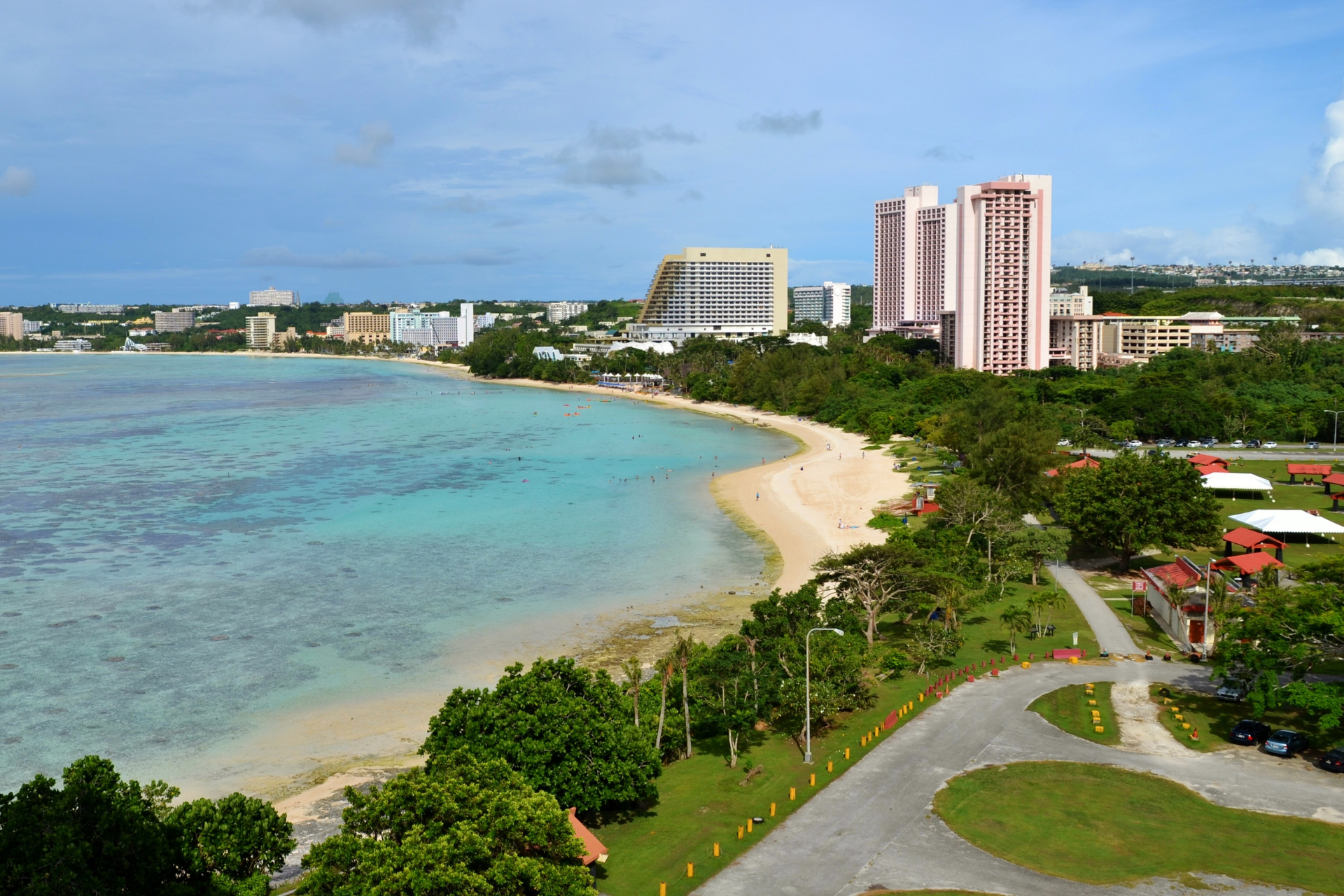In 1892, Homer Plessy was arrested for breaking a Louisiana law requiring Black and white passengers to ride in separate, segregated train cars. The arrest led to the Supreme Court case of Plessy vs. Ferguson, in which the Supreme Court presented the doctrine of “separate but equal,” saying that the law Plessy protested was constitutional.
Plessy vs. Ferguson
The Louisiana statute said “that all railway companies carrying passengers in their coaches in this state, shall provide equal but separate accommodations for the white, and colored races, by providing two or more passenger coaches for each passenger train… No person or persons shall be permitted to occupy seats in coaches, other than the ones assigned to them, on account of the race they belong to.”
Plessy argued that the law was unconstitutional based on the 13th and 14th amendments. The 13th amendment forbids slavery. The court rejected the claim that the 13th amendment was involved because the law does not involve servitude of any kind.
“By the fourteenth amendment, all persons born or naturalized in the United States, and subject to the jurisdiction thereof, are made citizens of the United States and of the state wherein they reside; and the states are forbidden from making or enforcing any law which shall abridge the privileges or immunities of citizens of the United States, or shall deprive any person of life, liberty, or property without due process of law, or deny to any person within their jurisdiction the equal protection of the laws,” the court wrote. “The object of the amendment was undoubtedly to enforce the absolute equality of the two races before the law, but, in the nature of things, it could not have been intended to abolish distinctions based upon color, or to enforce social, as distinguish d from political, equality, or a commingling of the two races upon terms unsatisfactory to either. Laws permitting, and even requiring, their separation, in places where they are liable to be brought into contact, do not necessarily imply the inferiority of either race to the other, and have been generally, if not universally, recognized as within the competency of the state legislatures in the exercise of their police power.”
Brown vs. Board of Education
In 1954, the school segregation case of Brown vs. Board of Education struck down the doctrine of “separate but equal.” The Supreme Court in this case determined that “separate educational facilities are inherently unequal,” and that they were therfore incompatible with the Equal Protection Clause of the Fourteenth Amendment to the U.S. Constitution.
This decision overturned Plessy vs. Ferguson. While the Plessy decision had been frequently used to justify racial discrimination up to that time, after the Brown decision, it could no longer be used for such arguments.
Pardon for Plessy
Even though the Plessy decision was struck down in the middle of the 20th century, it was not until 2021 that the State of Louisiana acknowledged this by pardoning Herman Plessy.
Governor John Bel Edwards officially pardoned Plessy 125 years after the events.
Plessy made a guilty plea in his case after the Supreme Court decision, paid a fine, and died in 1925 with the judgement against him still on his record.
The Insular Cases
The Insular Cases, a series of Supreme Court decisions regarding the island territories of the United States, are often compared to Plessy vs. Ferguson. Calls for the Insular Cases to be overturned have been made repeatedly.
Instead, they have been used repeatedly to justify the unequal treatment of Puerto Rico and other territories. In their decisions on these cases, the Supreme Court decided that some territories were unincorporated — not actually part of the United States and therefore not really covered by the U.S. Constitution.
Congress is therefore allowed to treat Puerto Rico differently from a state. There is no requirement that this separate treatment be equal, either. Puerto Rico is given less funding for nutritional support and healthcare, less funding for infrastructure, less of a voice in the federal government, and no vote in presidential elections.
Even though the language used in the decisions makes it clear that racial discrimination was an underlying motivation for the decisions, the Insular Cases continue to be the law of the land, and continue to influence legal decisions about the territories to this day.


